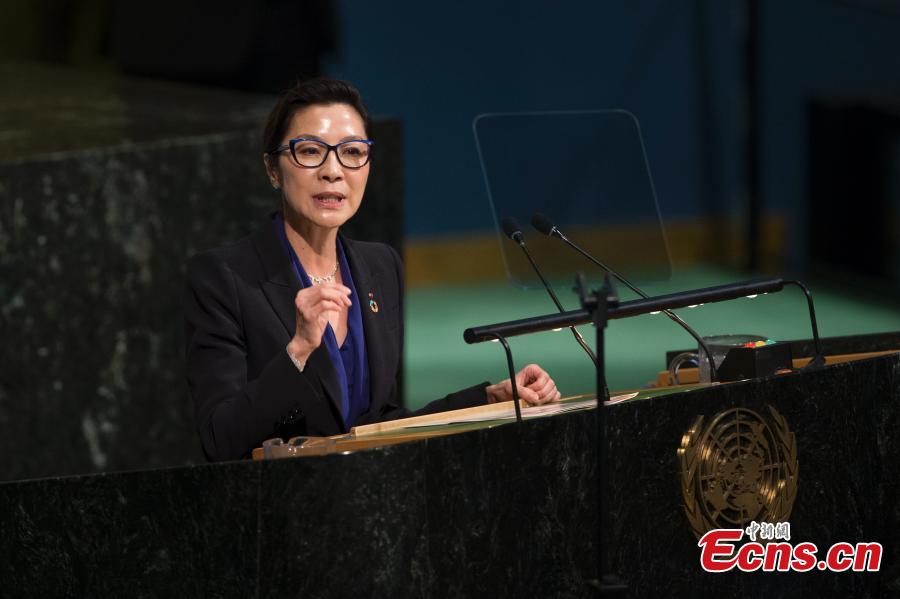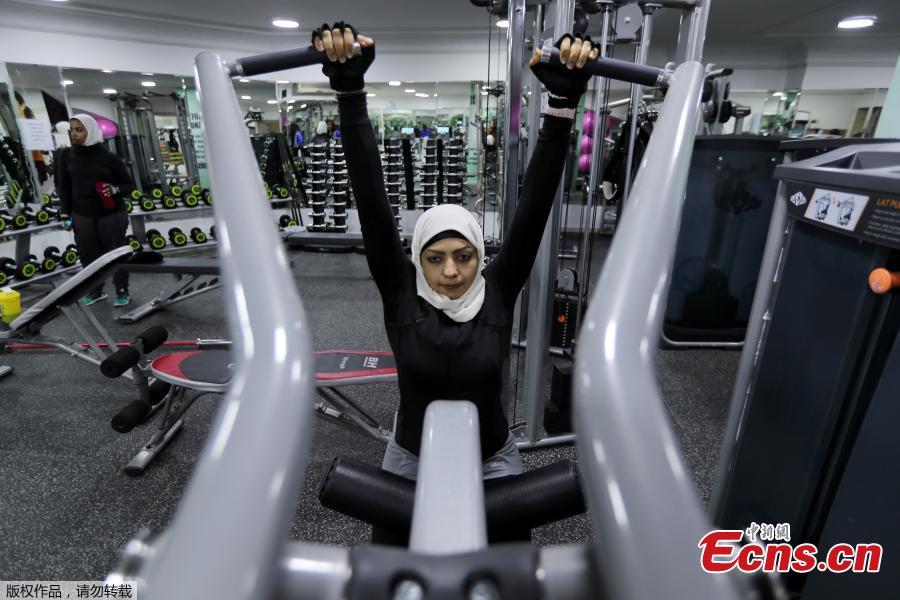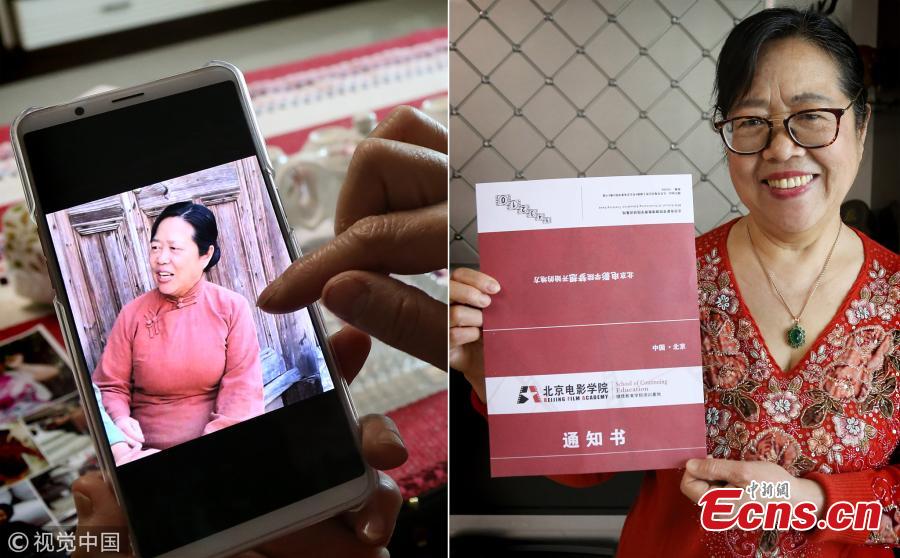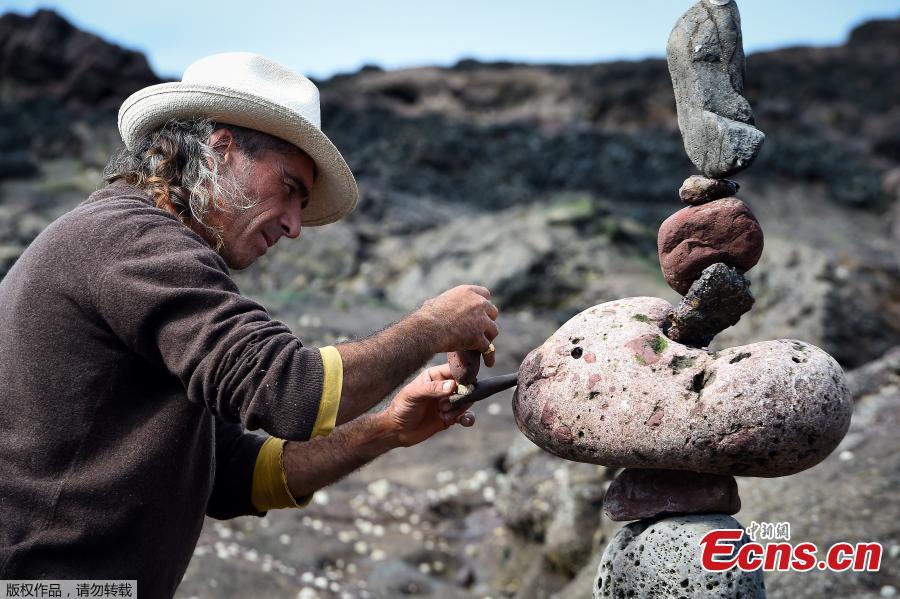Despite tough regulations on short online videos, sector is expected to see growth with more positive content
The rising domestic short video sector has been facing strengthened scrutiny recently following the shutdown of joke-sharing app Neihan Duanzi on April 10, which sparked a campaign to clean up the internet.
One day after the April 10 shutdown, the Office of the Central Cyberspace Affairs Commission asked executives from 18 internet firms to intensify regulation of content on livestreaming and short video platforms.
But Neihan Duanzi, which belongs to Chinese tech giant Jinri Toutiao, is certainly not alone. Other online short video platforms such as Douyin, a clone of its US counterpart Musical.ly, reportedly closed its livestreaming services and comment sections to undergo a thorough content review, also in mid-April.
Meanwhile, Kuaishou and ixigua.com, two other short video platforms, have also been required to screen out vulgar content.
Internet service providers should take responsibility to prevent cyberspace from deteriorating into a world full of harmful, false and provocative information, the Xinhua News Agency said on Saturday, citing information from a national conference on the work of cybersecurity and informatization held from Friday to Saturday in Beijing.
Efforts should be made to enhance self-discipline of the internet sector and mobilize all parties to take an active part in cyberspace governance, according to statements made at the conference.
Given such context, China's short video industry, which still has great growth potential, will experience many structural changes through efforts such as purifying content and spreading positive values, experts said.
Platform shutdown
Chinese authorities have been regulating the livestreaming and short video sectors, with the recent crackdowns mainly targeting newly emerged issues stemming from fresh industry players, Li Chengdong, a Beijing-based industry analyst, told the Global Times.
The recent regulations have put heavy pressure on the industry and have effectively helped purify the online environment, Li said.
"Small platforms in the short video sector have been facing the cold due to recent regulations, and many of them have been closed down," a 25-year-old woman living in Beijing, who livestreams content online but prefers to remain anonymous, told the Global Times.
She said that these small platforms have less network flow, "so if they want to attract more fans, they may go through the back door, which is why they are being targeted by regulators."
"But for large and regular platforms, they have hardly been affected," the broadcaster noted.
"Before the regulations, our videos may have implicitly contained vulgar and erotic content. But after we censored such content from our recently produced short videos, our fan numbers fell largely," short video broadcaster Yang Xiao was quoted as saying in a report released by bjnews.com.cn.
"The number of fans rose by 40,000-50,000 when we posted short videos in the past, but now the figure is only between 4,000 and 5,000," Yang said.
Despite strict regulations, the Chinese short video industry will still enjoy growth and many opportunities in the future, but the sector will not be as flourishing as it once was, forecast Li.

















































